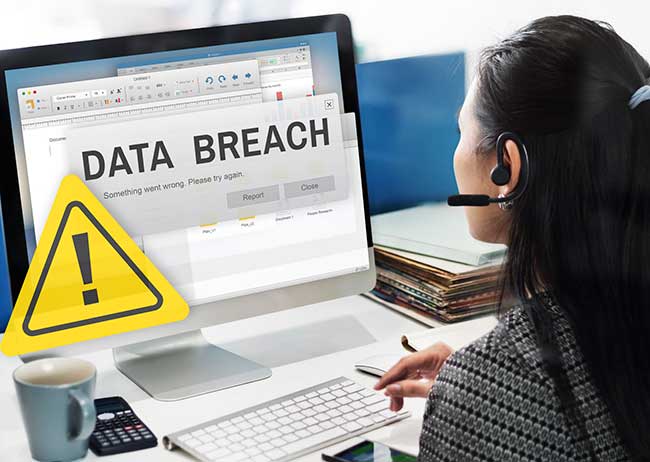In the past large retailers fell victim to some messy data breaches; these retailers included Home Depot, Staples and Kmart. Even banks, healthcare providers and Sony have suffered recent cyber-attacks. Hackers are infiltrating new security features just as quickly as they can be released and the era of data breaching isn’t going to end anytime soon.
There is no fool proof method of preventing yourself from being a potential casualty of a data breach. Data collection has become popular among retailers, especially online. This leaves consumers dependent on the retailer to protect the collected data.
Although they may not be entirely fool proof, there are measures you can take to help lessen your odds of suffering a data breach. There are also things you can do to protect yourself from consequences if your data does end up in criminal hands.
Tips to Prevent a Data Breach
1.) Minimize the amount of third party companies with access to your information
2.) Only make purchases online through trusted, secure, websites that use encryption.
3.) Never click on links in spam, unsolicited, or “too good to be true” emails.
4.) Try to avoid websites that remember your payment information for you.
5.) Only share the minimum amount of information necessary, even with trusted sites.
6.) Keep personal details about your life off social media sites
7.) Routinely change passwords on email accounts, as well as websites.
8.) Use strong passwords; make them as difficult as you can. Use lowercase and uppercase letters, numbers, symbols and even intentionally misspelled words.
9.) If you think your data has been stolen, monitor your credit and freeze credit accounts.
10.) Always monitor financial accounts for suspicious activity.
You Aren’t Required to Just Hand Over Information
Often times when filling out applications for various things, you will be asked for personal information, like your social security number. In reality these types of forms are everything an identity thief needs. Your Name, birthday, address, phone number, social security number, and other personal information all laid out nicely on one sheet. With just your social security number alone, it wouldn’t be hard for even an inexperienced thief to steal your identity. Before handing over sensitive data, you are entitled to ask questions and you should. “Why do you need to know this piece of information and what do you plan to use it for?” You should also ask if there is a less sensitive piece of information you could use instead, like your drivers license for instance.
Over posting details about yourself on social media is never a good idea either. Hackers can piece together these bits of information and use them for things like overcoming security questions when breaching your account.
You’ve Been Breached
If you end up being notified that your data was part of a data breach, don’t freak out. Take the time to calmly look through the details of the breach. Take advantage of any free services the company is offering to the affected customers, such as free credit monitoring. It would also be a good idea to request a copy of your credit report, to ensure there’s no suspicious activity already taking place. If you do notice anything questionable, immediately put a freeze on your credit and change all of your PIN numbers and account passwords. Call the issuer of the affected card, dispute the charges and have the card cancelled, or replaced.
